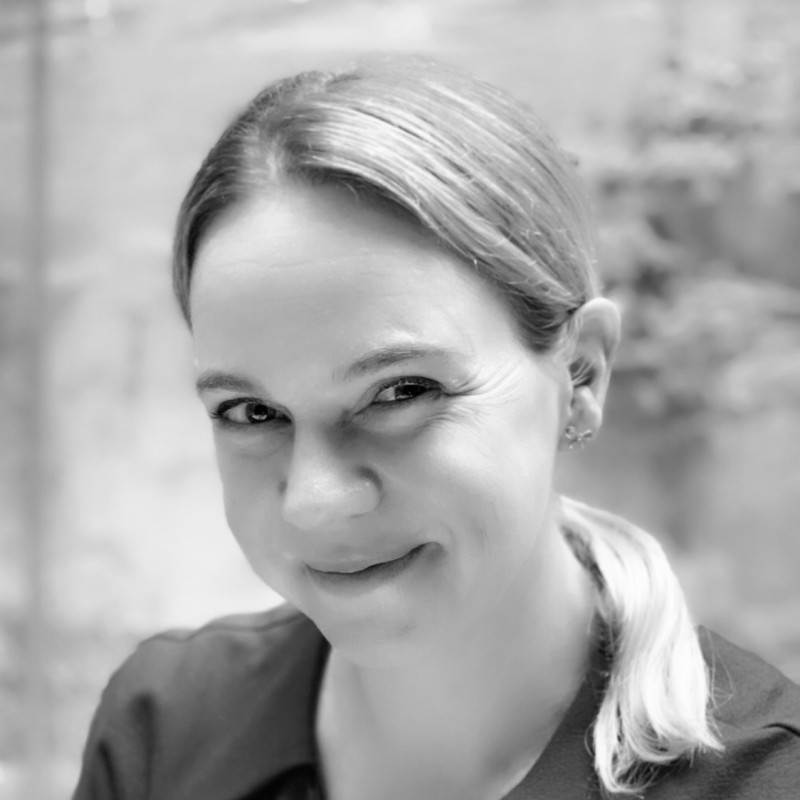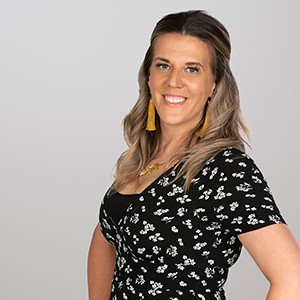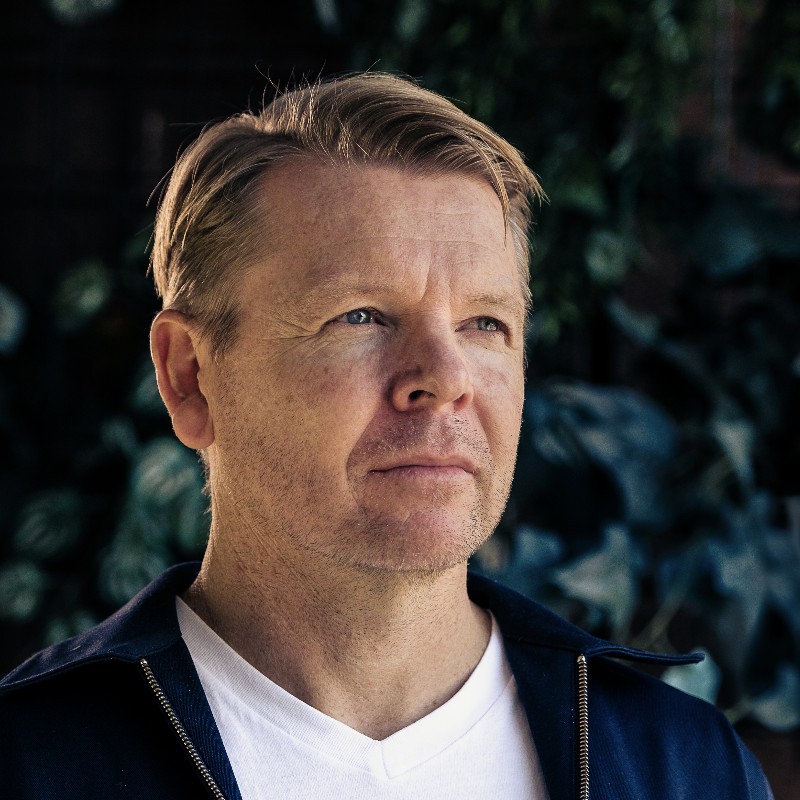In order to help a business to connect with customers and create content that leads to tangible results and drives business outcomes, we need experts all day, every day and everywhere.
But how? No brand or agency of any size — whether you're a small start-up or a legendary enterprise spanning the globe — can employ a full-time journalist or subject specialist for every single project need and nuance.
The truth is even the best brand or content marketing agency can't afford to employ a guru who's going to have idle time on their hands. They'd go broke whenever the project needed changing, and the specialist would be left twiddling their thumbs. Or they'd be laying off staff at a rate to make any head spin and never attract worthy talent due to a crappy rep as an employer.
So, what's the solution, you ask? Well, I'm going to tell you, so buckle up as I present all the reasons you need to build the optimum content team for every single project, how to do it without going broke, and why it might be better to leave this one to the experts.
Why you need to optimise your content team, not just your content
It's shocking how many brands are still creating beautifully crafted content and not optimising it. What's the point of having all of this great material telling the world about your brand or service if no-one can find it? There's a reason they hide the bodies on page two of the Google search results, you know…
The same can be said for the people we look to when we're trying to create the best-quality content.
It is not a new or ground-breaking idea to have experts talking to a specialty. Consider who might be best to write an eight-page Europe special for Gourmet Traveller. Not your go-to sports writer or finance editor.
Traditional publications allow staff to hone and build a specific skill set in one area and become an expert. Beauty writer. Fashion director. Medical subeditor. And so on.
Building the optimal team to create content based on the specific needs of the project isn't impossible. You just need to be clear about what you're looking for – and most vitally, how to find and vet them.
How to find the optimal experts
It's not what you know, it's who you know – and what they know that you don't.
Confused?
While some projects are more than serviceable with generalists, others simply are not. As a writer and a journalist myself, I always believed I should be able to write anything – that was until I went for an interview at Photography Monthly and tried my hand at explaining the inner workings of a camera. Eek.
One solution for brands is to empower the right agency, with the right reach and skill set, to do it for you. Another is to build a partnership with a specialist recruiter.
One of Ubiquity Lab's clients needed a dedicated team of expert writers and subeditors that had a deluge of experience in all things medical. As our team started collating a short list of the best consultants to bring on, it became very clear that depending on the audience – patient or healthcare professional – we didn't just need different writers who knew the difference between an ECG and an MRI, we needed specialist subeditors who knew what to look for and why, and could spot an honest-to-goodness mistake from a kilometre away.
Not only was this required to produce engaging content, but so we didn't end up causing harm, too. As well as the vital importance of governance in this case, there was also the issue of respecting and maintaining the integrity of the client's brand, which is front of mind with every client on every project. In short, this team needed to be a dream so the project didn't end up being a nightmare.
Between our collective network and some great recruitment connections, we collated and optimised our Dream Team who, over the course of 12 months, delivered some impeccable work that the client loved and that patients, families, and doctors will benefit from for years to come.
The key to all of this is agency/client trust. Your agency needs to understand the skills you need to deliver the content, and as a client you should be able to implicitly trust that your agency team will look outside their immediate cohort when needed. In short, your agency should be good enough at what it does to be able to admit what it can't, and when it needs to bring in the big guns and bigger boats to get the work done.
How to spot an expert
Vetting consultants or freelance contributors to come on board for a short- or long-term project is a tricky process that you need to nail — whether you use a specialist recruiter or source them yourselves.
The right agency will have decades of collective experience and networks to leverage for you and your needs, and will know how to find the skills you need. You can read more about how Ubiquity Lab collated a content marketing dream team.
While we can't bottle and sell our secret sauce, we can give you some pointers about what an expert might look like and how to find out if they're right for you.
- Ask to see past projects that reflect the work you're hiring this person to do. You need to know they have enough experience and the chops to pull off the work.
- References. Unless this person is well-known to you, ask for some references and give them a call. Ask how they like to work and if that will complement your set-up. Can they get along with others, will they take direction well and, most importantly, do they deliver high-quality work on time?
- Get in the room with your genius and think about the different people you're pulling together and relying on to run their part of the show. Personality clashes can derail any project. Think about how this person is going to fit in with your culture.
- Don't be afraid to ask them to do a trial – but expect to pay for it. An expert is one for a reason. This isn't an interview for an intern or work experience role. Pay proper respect to their years of experience and expertise, and you should get bang for your buck.
The real take-away here is that no matter the size or success of any brand or business, sometimes we need to know what we don't know. Employing specialists or contractors to ensure the very best outcomes is a strength, not an indicator that your team isn't delivering.
Latest.

Hiring in Australia: 5 trends redefining our job market
Hiring Insights, Industry Trends, Ask Aquent, Leadership

How to avoid creative burnout and refill your creative tank (before you really need to)
Thought Leadership

AI adoption failing isn’t the tech, it’s the people. How smart businesses overcome this.
Technology, Thought Leadership, Industry Trends




